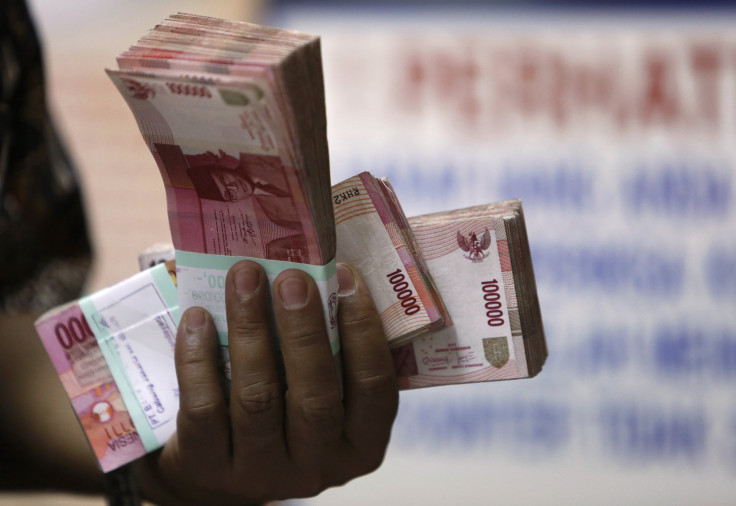Indonesia Economic Outlook 2014: Stronger GDP Growth On Trade Balance Recovery And Lower Inflation

Indonesia can expect an easier 2014, as the Southeast Asian nation’s economic fundamentals improve across the board. In particular, GDP is expected to grow 5.8 percent, the current account deficit should narrow as the trade balance recovers and inflation should drop to safer levels with no further fuel-price hikes for the year.
The year just ended was rough for Indonesia. After fuel-price hikes, resulting from reductions in the government fuel subsidy, inflation climbed to 8.4 percent at the end of year, nearly double of the 4.3 percent at the end of 2012, and real GDP growth was estimated to have fallen from 6.2 percent to 5.6 percent, according to a Standard Chartered research note.
While most 2013 statistics have not yet been released, the current account deficit is expected to have widened, from $24.4 billion to $32.3 billion. The Indonesian rupiah, as a result of worsening fundamentals and concerns over the risk of capital outflows triggered by the U.S. Fed tapering, weakened to 12,171 rupiahs per dollar at the end of 2013, compared to 9,793 rupiahs at the end of 2012.
But those fundamentals should look up in the coming year. The trade balance, which contributed a great deal to the nation’s current account deficit, will improve as imports slow. The fourth quarter of 2013 was already showing signs of a recovery – the trade surplus rose to $777 million in November from just $24 million in October, according to data from the National Statistics Agency.
In 2012, Indonesia’s trade deficit was just $1.7 billion, while the figure for the first 11 months of 2013 amounted to $5.6 billion.
January 2014 saw the implementation of a law banning mineral exports, which may cause the potential loss of revenue of $5 billion, but since the law excludes coal, which contributes around 13 percent of Indonesia’s total exports, the impact of the ban on the nation’s overall exports should be limited.
As the trade balance gets under control, the overall current account deficit is expected to fall back to $26.9 billion (3.1 percent of nominal GDP) in 2014 from the 3.7 percent in 2013. Before 2011, the nation was still consistently running a current account surplus.
The legal limit of budget deficits in Indonesia is 3 percent, and overshooting the limit in June 2013 prompted the government to cut back fuel subsidies that economists have warned for years to be detrimental to the economy. The resulting hike in fuel prices – 44 percent at one point – caused inflation to almost double from 2012.
But this year, as elections loom, no further fuel-price hikes are expected, and inflation should slow to 5 percent year-on-year by the end of 2014, the Standard Chartered note said, within the central bank’s target range of 3.5 to 5.5 percent for the year.
Recovering fundamentals will have benefits for the rupiah as well, with a stronger second half.
“The Indonesian rupiah (IDR) is likely to remain under pressure in early 2014 amid uncertainty over the election results and U.S. Fed tapering,” according to Standard Chartered. “However, we expect the IDR to strengthen in H2, reaching 11,400 by end-2014, once the election results are known and U.S. Fed tapering is in place.”
© Copyright IBTimes 2024. All rights reserved.





















